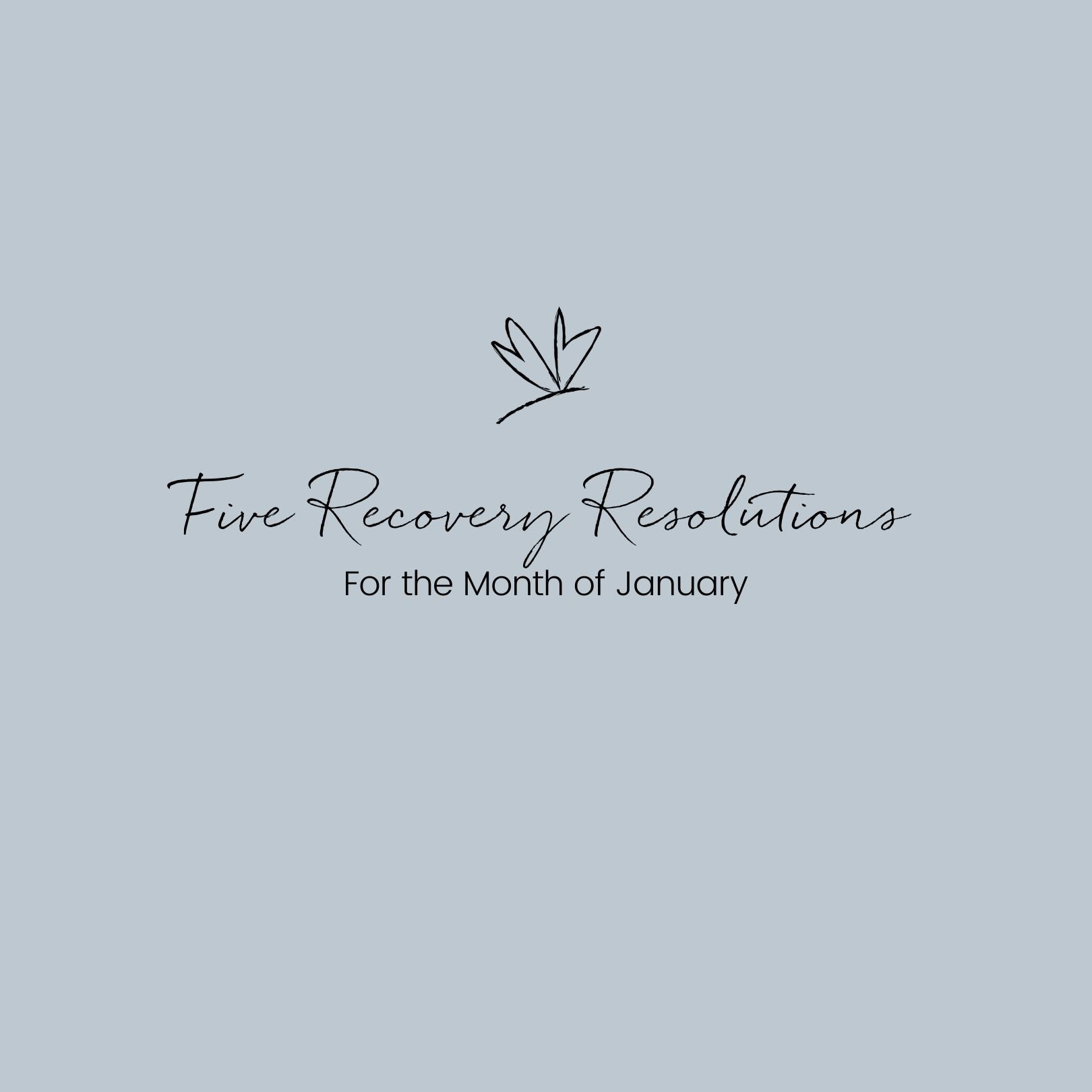Lockdown Crisis. Turn Overwhelm into Opportunity
All over the world, the concept of lockdown and imposed control is kicking into our lives in ways we would never have anticipated a few short weeks ago.
Last night, in the UK, the Prime Minister stated his instructions and insisted that all citizens should now be going about their daily existence in a much changed manner.
From today, we’re all getting used to a world of limited contact, limited physical movement, limited access to services and resources.
Whilst it’s absolutely the right thing to do to help us in getting this pandemic under control, it would be foolish to underestimate the impact this has on the mindset of the average adult.
For most, this will cause huge levels of confusion, uncertainty, and perhaps fear too.
Turn then, to someone who has had, or is still in the midst of, an eating disorder, and you can see what a troublesome revelation last night’s government instruction might have seemed.
I’d be lying if I denied the wave of initial thoughts which overtook even my recovery-focused brain.
- What do you mean I’ve got to restrict daily exercise?
- Will home isolation let me eating disorder thoughts run riot?
- Is this shutdown an excuse to limit food purchase?
- Can I get away with less self-care now that I’m less visible to others for the coming weeks?
All of these such considerations – and plenty more besides – will be generating a great deal of anxiety among those within an eating disorder recovery journey.
And yet…..are these ‘imposed’ weeks of lockdown in fact a real opportunity to turn the tide on your illness?
With such a shift in our social patterns, is this the ideal time to up our game in being recovery focused, overturning behaviours and motivating ourselves to be well for the long-term?
I doubt for one moment that when Boris Johnson stated we’d be on a three week approach to this new regime, he had in mind the thoughts of Maxwell Maltz and the concept of changing a habit in 21 days….but is there something in that potential?
Maltz carried out research in the 60s which claimed 21 days was the ideal window in which to help us to adjust to a change in habit. Others say this is complete jumbo, and that it’s more like 66 days to reverse a behavioural trend.
With a mental health issue like an eating disorder, we all know, sadly, that we’re in the process for many months – and years – if we’re to not only repair nutritionally, but to carry out the essential neural rewiring.
That said, it’s not a reason not to begin the shift.
The nature of lockdown, with its enforced pattern interruption, means we will have to think differently about how we plan and conduct our day.
Days might feel longer, less sociable, and sometimes less rewarding – but we have a choice as to how we build this new block of 24 hours into a regime which ‘serves’ us, and which allows us to be wholly health focused.
It encourages us to great schedules which are different, and purposeful, within constraints we’ve never known before.
So what could your new day look like if it was to start to have a benefit to longer term wellness?
- Perhaps you’ll consider journaling?
- Maybe you’ll learn a new craft or creative skill?
- Will you give more thought to your long term aspirations?
- Might you visualise and plan for a holiday you could enjoy when all this is over and you’re well?
- Will you change the way you plan your food shopping and maintain your nutritional needs?
- Could you undertake new food challenges each day of the lockdown?
- Could you offer friends to join you for virtual mealtimes by video?
- Could you fill pointless excess exercise time with now enjoying rest and self-care
- Will you improve your communication with friends and family, via ‘fully present’ calls and video chats?
There’s no denying this will be a tough period, but it is an opportunity too.
We’re not suggesting you should be fixed of your eating disorder by the time this is over, but having in your mind that it could be a goal to improve your recovery steps through this unprecedented time.
Good luck.
- Mar 2020





